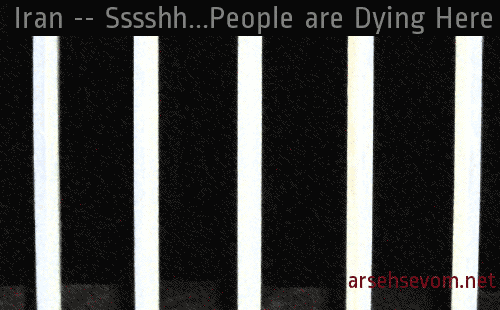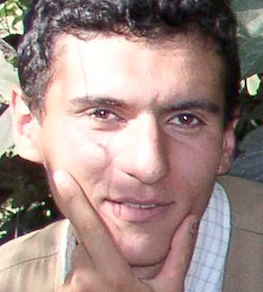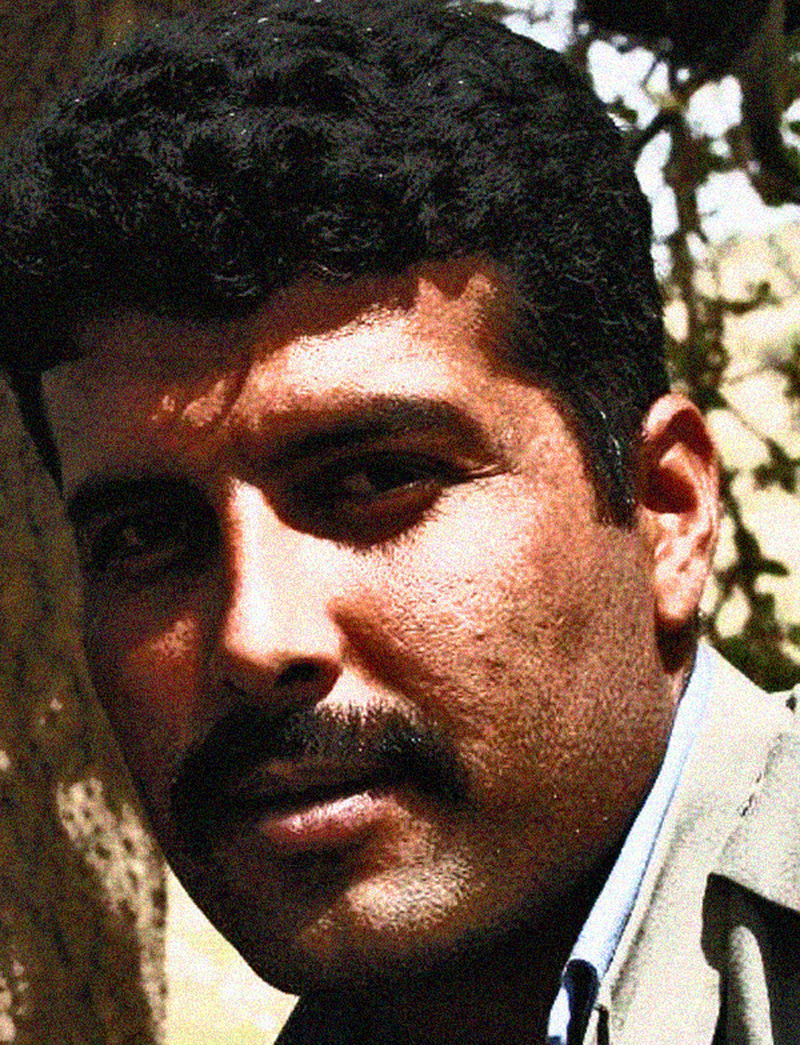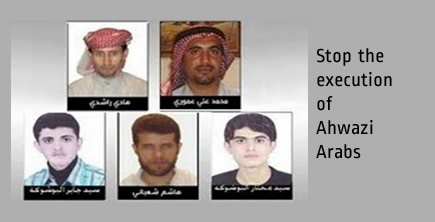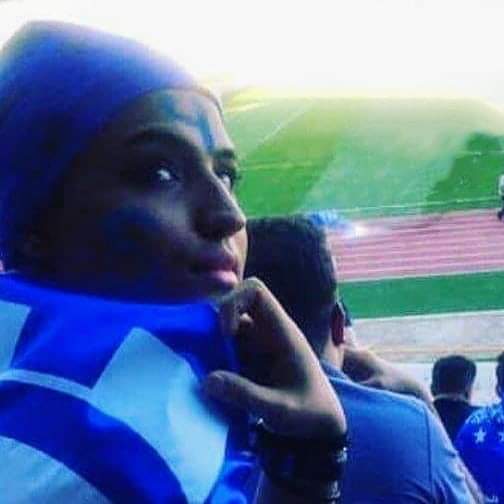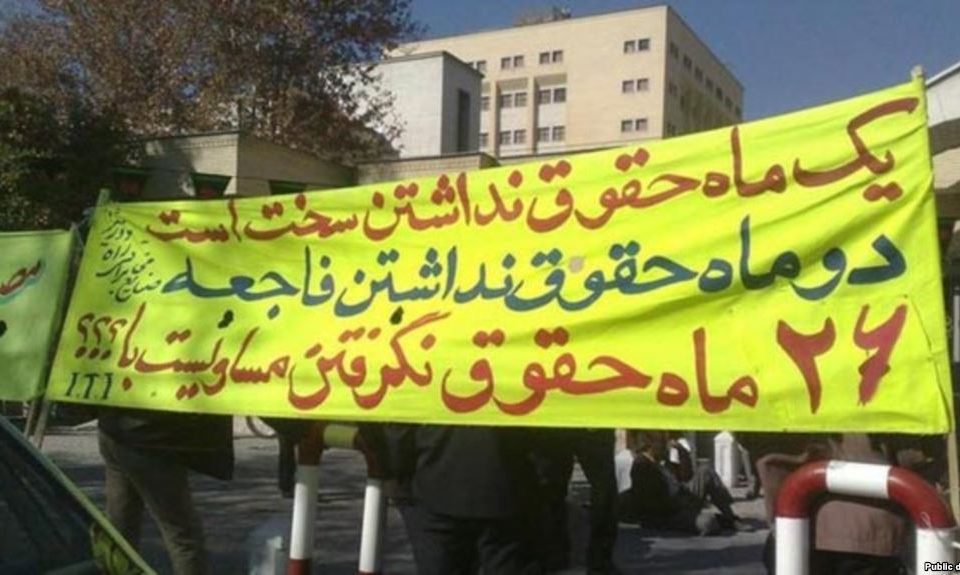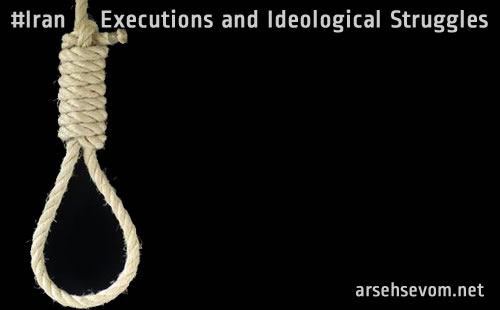
#Iran — Executions and Ideological Struggles
October 28, 2013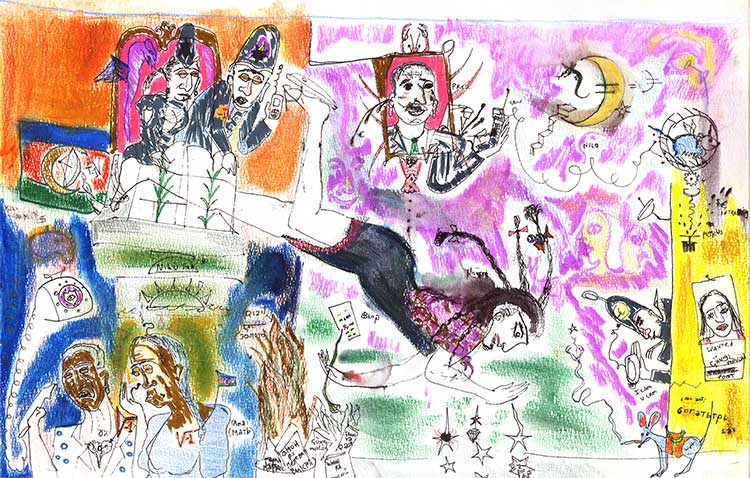
Azerbaijan: Re-establishing Civil Society
November 7, 2013Arseh Sevom- This week’s review is unfortunately focused on the treatment of political prisoners in Iran. Events of the past months demand this. The season marking the anniversary of the taking of the American Embassy seems to endanger Iran’s homegrown activists more than it hurts the US with the chanting of “Death to America.” All the hopes of change and reform in Iran can hide the plight of prisoners of conscience, opposition figures, and activists. Many of them are quietly dying in prison, while we focus on whether or not crowds at Friday prayer are still chanting “Death to America” or the progress of the nuclear negotiations. Like any country, Iran is more than its president; more than the current administration. The hardliners are lashing out against change, and doing their best to roll back the clock. At a time when Iranians are hoping for change, and especially at this time, it’s necessary to put pressure on Iran’s government to improve the conditions for all of its prisoners and urgently for its political prisoners and prisoners of conscience.
By Tori Egherman
Still Number One in Executions
Organizations like the International Campaign for Human Rights in Iran, FIDH, The Iran Human Rights Documentation Center, Human Rights Watch, and Amnesty International, just to name a few, have been warning of Iran’s “execution binge” for years. This year, the nation of little more than seventy million is on track to break its own records of execution.
Ethnic Minorities at Risk
Just a few days earlier, on October 27, the Kurdish activists Habibollah Golparipour and Reza Esmail Mamadi were also executed. Kudishblogger writes of hearing the news from Golparipour’s father:
“Yesterday he was transferred to an undisclosed location and this morning, when my family went to the front of Urmia prison, the authorities told them he was hanged last night,” his father Nasser Golparipour told Kurdishblogger via telephone, fighting back tears. Wailing could be heard in the background and when asked what he felt after hearing news of his son’s execution, grief overcame him. “I pray that no family goes through what we are going through right now,” he added after composing himself. – Read more…
Sixteen Baluchi prisoners were executed on October 26, 2013 in retaliation for the ambush of Iran’s border guards that left 14 dead.
Amnesty International warns that four Arab Ahwazi men are in danger of execution. Arseh Sevom was a signatory to a statement along with Nobel Laureate Shirin Ebadi and 29 organizations.
Healthcare Denied
Meanwhile, there are silent killings: the denial of health care, long-term solitary confinement, and overall abuse that continue to take the lives of prisoners of conscience.
Over the past few years, medical neglect and poor conditions have led to the deaths of several prisoners including the labor activist Afshin Osanloo, the brother of internationally known Mansour Osanloo who was finally released from prison in June 2013.
“Authorities seem to be seeking revenge against prisoners of conscience for exercising their rights. In addition to suffering torture during pre-trial detention and harsh sentences after extremely unfair trials, they are denied access to adequate medical treatment,” states Karim Lahidji, FIDH president.
In October, ICHRI reported that former presidential candidate Mehdi Karroubi is suffering from osteoporosis and dangerously low levels of vitamin D after more than two years under house arrest.
This week, imprisoned human rights lawyer Abdolfattah Soltani, who founded a human rights organization with Shirin Ebadi, has begun a hunger strike to protest conditions. He is just one of many prisoners who have felt that a hunger strike is the only way to protest unfair imprisonment and harsh conditions.
Last Words from a Mother
Video from United4Iran showing 2010 demonstration in support of prisoners of conscience in Iran. This group had adopted Sherko Moarefi who was executed on November 4.
This year, several Kurdish activists were executed. Sherko Moarefi had been convicted of enmity against God because of connections to a Kurdish opposition group. For the past four years activists have been trying to prevent his execution. Without warning, he was executed on November 4, 2013.
In a 2010 interview with RAHANA translated by Persian2English the mother of Sherko Moarefi was asked about her demands from human rights organizations and government officials. She stated:
“Not only Shirkoo, but all prisoners belong to the young generation of this land. We don’t see a difference between our son and others. They are all innocent and have mothers who are waiting for them to come back. I am calling on all human rights organizations not to remain silent about the prisoners on death row. I also want to ask the officials to review all the cases and dismiss their charges.”


